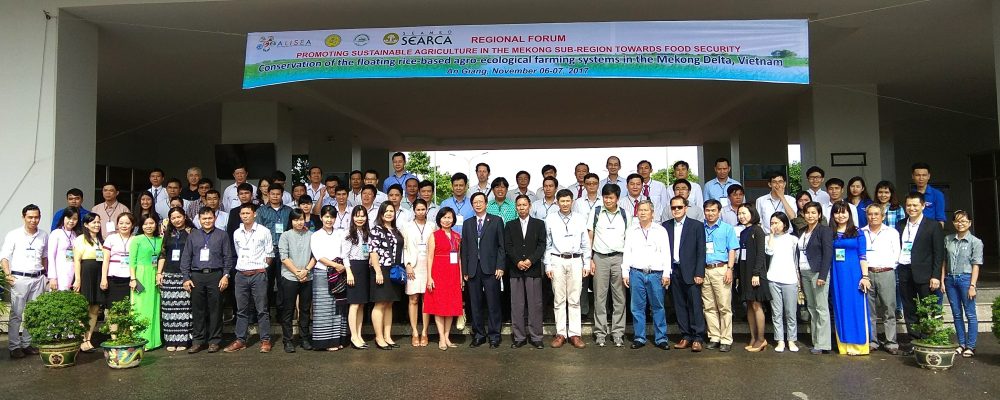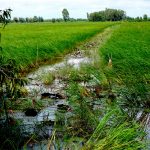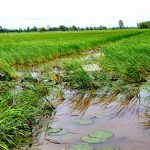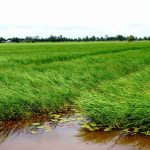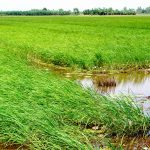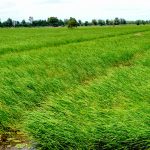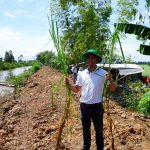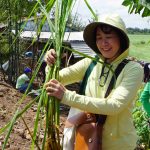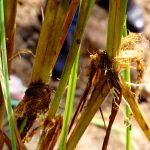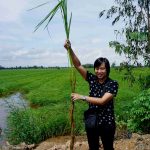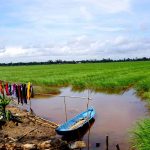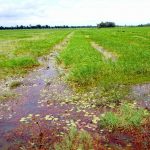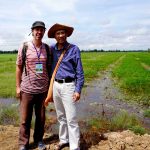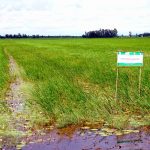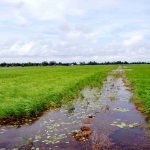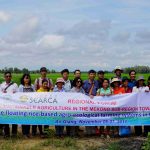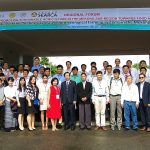The Mekong Sub-region is rapidly becoming a new frontier of economic growth in Southeast Asia due to its rich human and natural capital (ADB 2017). Its suitability for a wide range of crops has made agriculture one of the sub-region’s important economic sectors. It has also led to increased trade and investment linked to regional integration. More than two-thirds of the population of the countries comprising the Mekong Sub-region rely heavily on agriculture for their livelihoods (WWF Greater Mekong). These countries are Cambodia, the Lao People’s Democratic Republic (Lao PDR), Myanmar, Thailand, and Vietnam. The People’s Republic of China (Yunnan Province) is a part of this sub-region but for purposes of this forum is not included.
The forum aimed to share research findings from SEARCA SFRT grantees across the Mekong Sub-Region, as well as develop research to address gaps, towards the promotion of ecological farming, adaptation to climate change, and improving rural livelihoods and food security.
This forum covered Seed Fund for Research and Training (SFRT) research from 2013 to 2016 where 11 out of 15 studies of Vietnamese and Myanmar grantees are relevant to the above subject (none from Cambodia, Lao PDR, and Thailand for the period). The expected participants were selected local researchers from universities in Vietnam, particularly in the Mekong Delta, SFRT grantees and SEARCA Fellows/scholarship alumni from Cambodia, Lao PDR, Myanmar, Vietnam and Thailand.
It also featured research conducted by the Research Center for Rural Development (RCRD) of An Giang University under the project component Agroecology Learning Alliance in South East Asia (ALiSEA). The ALiSEA component supports activities aimed at increasing visibility and credibility of the agroecology movement, and scaling up the development and adoption of agroecological practices among farmers.
This event is aligned with the Umbrella Program on Climate Change Adaptation and Mitigation (CChAM) for Southeast Asia. The topics to be discussed fall under Theme 1 of CChAM, assessing climate change impacts and risks for policy, plans and investments, particularly its sub-themes on impacts of climate change on and risks to agriculture, forestry, fisheries and livestock and the sub-theme on development and testing of vulnerability/risk assessment tools for agriculture, forestry, and fisheries. It also responds to Theme 3, enhancing proactive adaptation to climate change, variability and extremes, particularly on the sub-theme on options, constraints and economics of adaptation among poor farmers, women and other marginalized groups.
Moreover, this event embodies the collaboration emphasized by the Umbrella Program. Institutions at the regional or sub-regional level can work together, pool resources and address gaps or move in directions where their joint efforts provide a strategic advantage for climate resiliency in the Mekong Region. Based on the topics to be discussed, the research study (ies) to be developed will be under the priority areas of CChAM.
Details of the agenda
The two-day forum was held at RCRD, An Giang University. The first day covered presentations of research results of selected grantees and a workshop on possible subject areas for collaborative research in the Mekong Region.
The forum discussed various agroecological systems and practices in both land and water ecosystems particularly as these respond to climate change (including climate smart agriculture typologies), cooperatives and marketing, changing of agricultural productivity of households subject to a particular demographic event and after adaptation practices, and an assessment of food security status, coping strategies and its determinants among the most vulnerable groups, i.e., smallholders, women headed households.
The second day was a field visit to the floating rice conservation site in Vinh Phuoc commune of Tri Ton district of An Giang province, Mekong Delta.
All presentations of the plenary session can be found here
All presentations of the Seed Fund for Research and Training (SFRT) research from 2013 to 2016 can be found here

